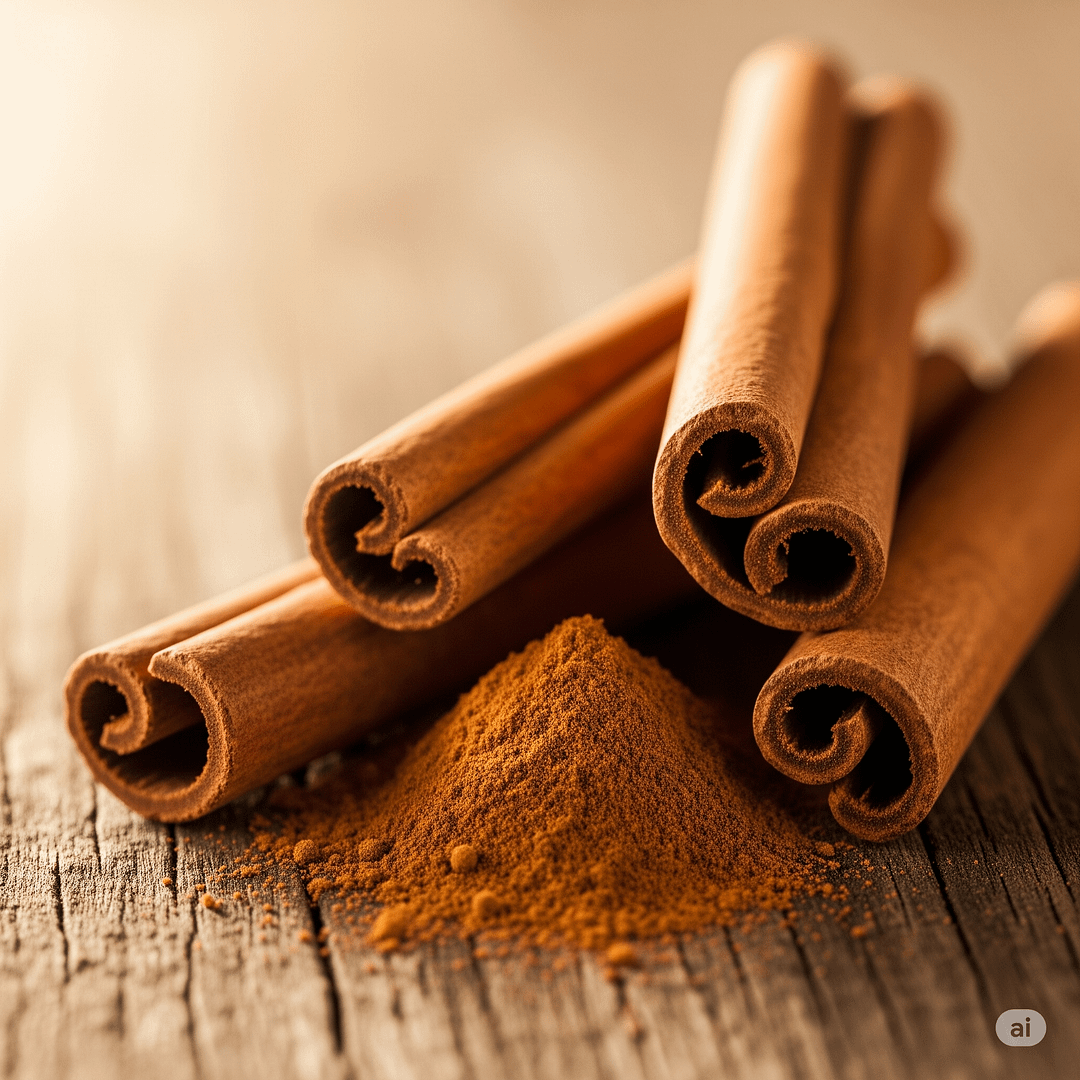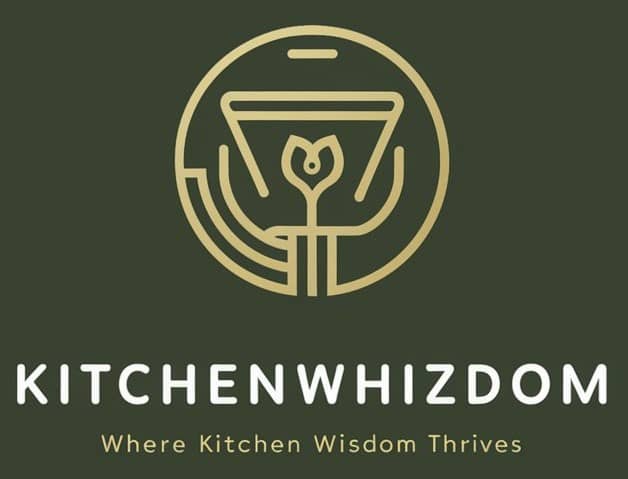
Blog Details

Health Benefits of Cinnamon Unveiled
Is there any spice more universally loved and underappreciated than cinnamon? From your morning coffee to comforting baked goods, its warm, sweet aroma is a staple in kitchens worldwide. But beyond its delightful flavor, this humble spice holds a surprising array of health benefits that most people don’t even know about. Prepare to unveil the secret powers of cinnamon and understand why it’s far more than just a tasty addition to your pantry!
The Antioxidant Powerhouse
Think of antioxidants as your body’s personal protectors, shielding your cells from damage caused by harmful molecules called free radicals. When it comes to antioxidant content, cinnamon truly shines. In fact, a study published in the Journal of Agricultural and Food Chemistry ranked cinnamon as having one of the highest antioxidant levels among common spices. This potent defense can contribute to overall well-being and help reduce the risk of chronic diseases.
A Friend to Your Blood Sugar
Perhaps one of cinnamon’s most well-researched benefits is its potential impact on blood sugar regulation. This is especially relevant for anyone looking to maintain healthy glucose levels. Studies suggest that cinnamon can improve insulin sensitivity, meaning your cells become more responsive to insulin, which helps transport sugar from your bloodstream into your cells. It can also slow down the breakdown of carbohydrates in the digestive tract, further reducing the amount of glucose entering your blood after a meal. Imagine sprinkling a little cinnamon on your oatmeal – not only does it taste great, but it could be helping your body manage its sugar!
Anti-Inflammatory Marvel
Inflammation is a natural bodily response, but chronic inflammation can contribute to various health issues. Good news: cinnamon boasts impressive anti-inflammatory properties. Its active compounds, like cinnamaldehyde, help combat inflammation at a cellular level. This makes cinnamon a great addition to an anti-inflammatory diet, potentially easing discomfort and promoting better health.
Protecting Your Heart
Beyond its other benefits, cinnamon may also play a role in heart health. Some research indicates that regular cinnamon consumption can help reduce levels of “bad” LDL cholesterol and triglycerides, while maintaining “good” HDL cholesterol. A healthy heart is key to a long and vibrant life, and incorporating cinnamon into your diet is a simple step you can take. If you’re looking for ways to easily measure and add spices to your meals, our digital kitchen scales can help you get the perfect amount every time.
Brain Booster and More?
Emerging research suggests that cinnamon might have benefits for brain health, potentially protecting against neurodegenerative diseases like Alzheimer’s and Parkinson’s. While more studies are needed, the preliminary findings are promising, hinting at cinnamon’s ability to inhibit the buildup of certain proteins linked to these conditions.
How to Easily Incorporate More Cinnamon into Your Diet
Adding more cinnamon to your daily routine is simple and delicious:
- Breakfast Boost: Sprinkle it on oatmeal, yogurt, fruit, or into your coffee or tea.
- Smoothie Power: Add a pinch to your morning smoothie for an extra kick.
- Savory Dishes: Don’t limit it to sweet! Cinnamon can add depth to stews, chilis, and even roasted vegetables.
- Baking Bliss: Naturally, it’s perfect for muffins, pies, and cookies – just remember to use it in moderation as part of a balanced diet.
Frequently Asked Questions About Cinnamon
What’s the difference between Cassia and Ceylon cinnamon?
Cassia cinnamon is the most common type found in supermarkets and has a stronger, spicier flavor. Ceylon cinnamon, often called “true cinnamon,” is milder, sweeter, and has a more delicate flavor. Ceylon cinnamon also contains significantly less coumarin, a compound that can be harmful in large doses, making it generally preferred for regular, larger consumption.
How much cinnamon should I consume for health benefits?
There’s no definitive recommended daily dose, as research is ongoing. However, many studies showing benefits use doses ranging from 1 to 6 grams per day (about half a teaspoon to two teaspoons). It’s always best to start with smaller amounts and consult with a healthcare professional, especially if you have underlying health conditions or are taking medications.
Can cinnamon help with weight loss?
While cinnamon isn’t a magic bullet for weight loss, its potential to improve blood sugar control and reduce cravings might indirectly support weight management efforts when combined with a healthy diet and regular exercise.
Are there any side effects of consuming too much cinnamon?
High doses of Cassia cinnamon, due to its coumarin content, can potentially cause liver damage in sensitive individuals. Ceylon cinnamon has much lower coumarin levels and is generally considered safer for regular consumption. Always consume cinnamon in moderation.
Can I give cinnamon to my pets?
While small amounts of cinnamon are generally not toxic to dogs, it’s always best to consult with your veterinarian before adding any new spices or supplements to your pet’s diet.
The next time you reach for that jar of cinnamon, remember that you’re not just adding flavor – you’re tapping into a rich history of health and wellness. This surprising spice is a simple yet powerful way to boost your well-being, one delicious sprinkle at a time.
Our Products
-
Unique Book Coffee Cup – Stack of Books Design
$19.12 – $19.28Price range: $19.12 through $19.28 Select options This product has multiple variants. The options may be chosen on the product page -
Salt & Pepper Electric Grinder – Rechargeable
$27.70 Select options This product has multiple variants. The options may be chosen on the product page -
Glass Storage Jar – Cork Lid & Minimalist Design
$29.16 Select options This product has multiple variants. The options may be chosen on the product page -
Food grade Silicone Splash Screen – Mess-Free Cooking
$24.55 Select options This product has multiple variants. The options may be chosen on the product page -
Stainless Steel Corn Cob Holders – Mess-Free
$12.35 Select options This product has multiple variants. The options may be chosen on the product page -
Silicone Donut Mold – Makes 6 Non-Stick Donuts
$9.47 Select options This product has multiple variants. The options may be chosen on the product page
Products
-
Unique Book Coffee Cup – Stack of Books Design
$19.12 – $19.28Price range: $19.12 through $19.28 Select options This product has multiple variants. The options may be chosen on the product page -
Salt & Pepper Electric Grinder – Rechargeable
$27.70 Select options This product has multiple variants. The options may be chosen on the product page -
Glass Storage Jar – Cork Lid & Minimalist Design
$29.16 Select options This product has multiple variants. The options may be chosen on the product page -
Food grade Silicone Splash Screen – Mess-Free Cooking
$24.55 Select options This product has multiple variants. The options may be chosen on the product page








